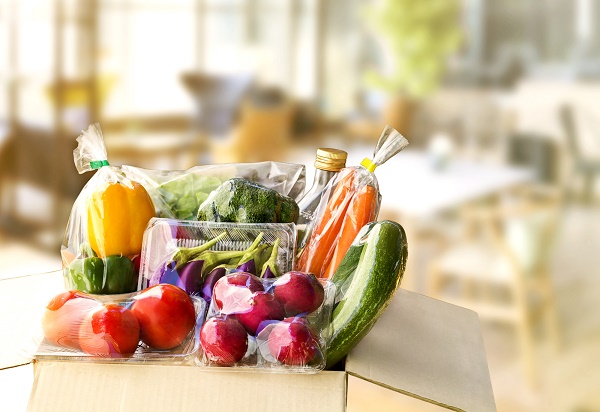Food packaging materials are materials that are used in packaging all kinds of food. The material provides physical protection and is a barrier against microorganisms and other contamination. Food manufacturers also understand that safe packaging material also plays the vital role of adding brand value, helps in product differentiation and impacts consumer choice. Most consumers are unaware of the implications of food packaging material and its impact on food quality and safety. Food packaging material testing is carried out not only to test its suitability as a packaging material but also to check its efficacy in keeping foods safe for human consumption.
Reasons for packaging material testing
Food testing laboratories carry out testing on packaging material that come in contact with food. The packaging material has to comply with regulations both within the country and globally, if the packaged food products are meant for export. The most essential testing of packaging material is undertaken to ensure that the constituents of the packaging material do not migrate into the food as that would contaminate the food. The quality and the safety of packaging material are necessary to ensure safe food. Packaging material that migrate its constituents into the food can render the food dangerous as it can cause
- health problems
- changes in the composition of the food
- deterioration in characteristics like taste and smell
Chemical testing laboratories carry out testing of food contact materials like plastic, aluminium, tin, etc. to determine if monomers, additives, trace residues like metals, phthalates and other residues are passed into the foods.
Types of migration testing
Packaging and food contact material must be manufactured according to good manufacturing practices (GMP) Independent chemical testing laboratories can provide insights and solutions about any migration from food packaging material from two kinds of packaging material testing
- Overall migration is testing to ensure that all substances that can migrate into food from the contact packaging material are within limits.
- Specific migration is testing of an individual substance that could cause toxicity. Specific analytical methods are used to identify the presence of these toxic substances in the food
Food packaging testing parameters
Various food categories like fresh food, frozen foods, dry foods, canned foods, etc. all have different regulatory requirement and special packaging requirement. Packaging material also needs to be such that it should be able to clearly display the labelling. Chemical testing is required to ensure that the packaging material is suitable in all aspects. Testing laboratories undertake testing of packaging material to test various parameters like
- Food safety
- Compatibility of the packaging material with the specific food
- Migration of substances to the food
- Shelf life
- Suitable for barrier to entry of contaminants
- Seal integrity
- Food grade quality
Independent food testing laboratories provide expertise for several packaging material testing requirements. They carry out physical, microbiological and chemical analysis of the contact materials for food safety, quality and problem solving. They also certify that the packaging material is safe and appropriate for specific foods.
Please feel free to contact us using the contact form or call us now on +91-11-45754575 and we will be happy to provide you a proposal for testing organic food or food ingredient samples.




